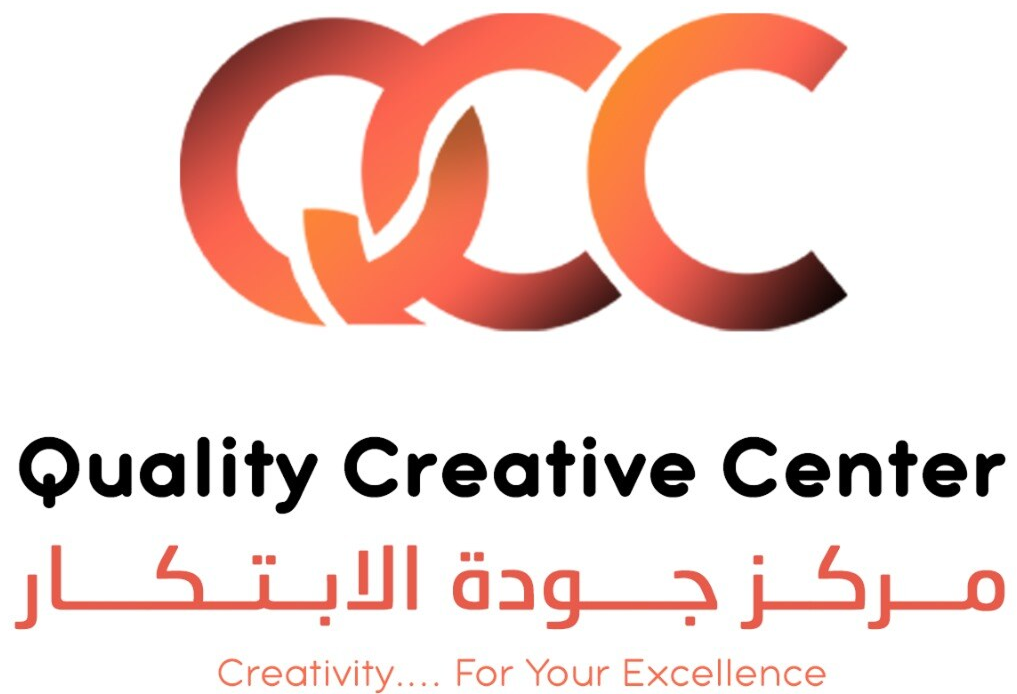
- Home
- About Us
- Our Services
- Consultation
- Organizational Excellence & Process Optimization
- Assistance in Winning Excellence Awards
- Corporate Strategy & Business Transformation
- Quality & Operations Support
- Governance, Risk & Compliance (GRC)
- Sustainability & Corporate Social Responsibility
- Human Capital & Leadership Development
- Digital Transformation & Innovation
- Marketing & Brand Strategy
- NCAAA
- Training
- Founders and Partners
- Contact Us
- Success Story
English
- Home
- About Us
- Our Services
- Consultation
- Organizational Excellence & Process Optimization
- Assistance in Winning Excellence Awards
- Corporate Strategy & Business Transformation
- Quality & Operations Support
- Governance, Risk & Compliance (GRC)
- Sustainability & Corporate Social Responsibility
- Human Capital & Leadership Development
- Digital Transformation & Innovation
- Marketing & Brand Strategy
- NCAAA
- Training
- Founders and Partners
- Contact Us
- Success Story
English